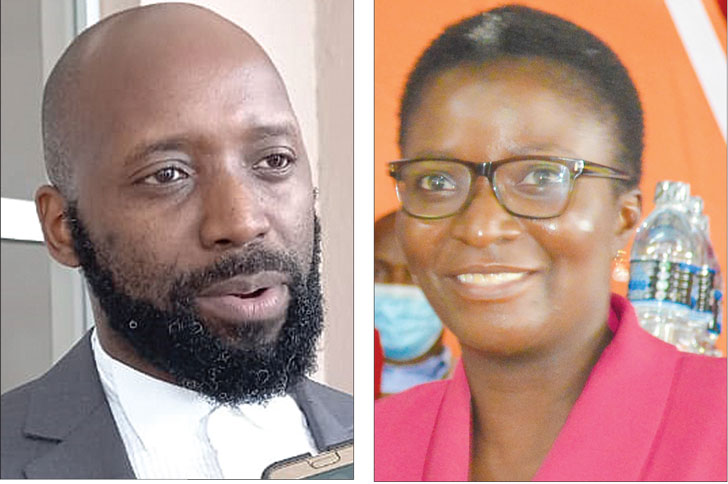ACB to engage DPP on withheld consent cases
The Anti-Corruption Bureau (ACB) says it will engage the Directorate of Public Prosecutions (DPP) to find the way forward on cases submitted for consent before the amendment of the Corrupt Practices Act.
The amendment, championed through a Private Member’s Bill, has paved the way for the graft-busting agency to prosecute cases without seeking consent from the DPP.

In a written response to our questionnaire, ACB principal public relations officer Egrita Ndala said they will be consulting the DPP on the cases in due course.
She said: “Generally, a law does not operate retrospectively and we believe this law is not an exception. Therefore, the bureau will work with the office of the DPP for a way forward on cases which were submitted for consent before the amendment Bill was passed.”
Ndala said the ACB will work to have the cases taken to court, but did not guarantee speedy conclusions, saying, that involves many players.
She said: “The bureau will endeavor to work hard and ensure that the cases whose investigations are concluded and have sufficient evidence to warrant prosecution, are processed timely so that they are taken to court as soon as that is practicable.
“But in terms of the speed of actual hearing of the cases in court it is not only the court that determines that. The court itself and the defence are part of that equation.”
However, private practice lawyer Justin Dzonzi said there was no need for the ACB to get back to the DPP on consent.
He said: “If in case A, the ACB had conducted its investigations and submitted an application for consent to the DPP, and the DPP refused to grant that consent as a result of which case A is still pending, then the ACB can reopen it.
“If they are convinced that a criminal offence was committed, then they can lay fresh charges and proceed. Criminal offences have no static limitation, in other words, if you commit a crime today, even if it takes a thousand years, you can still be prosecuted.”
Dzonzi said the ACB’s decision to go back to the DPP may only be office politics.
“I really don’t see why they would have to go back to the DPP because in any event, what would the DPP do? The DPP cannot give consent in retrospect but I think more importantly, they no longer have to give consent. So, I really don’t see why the ACB is taking the position that it is taking,” he said.
Last Wednesday, Minister of Justice Titus Mvalo said the amended Act should not be used as a divisive tool among prosecuting agencies.
He encouraged all prosecuting agencies in the country to work together. Bad blood between the DPP and the ACB came to light after incumbent DPP Steven Kayuni refused to grant the bureau consent to prosecute a case involving corruption suspect Zuneth Sattar’s agent Ashok Nair.





